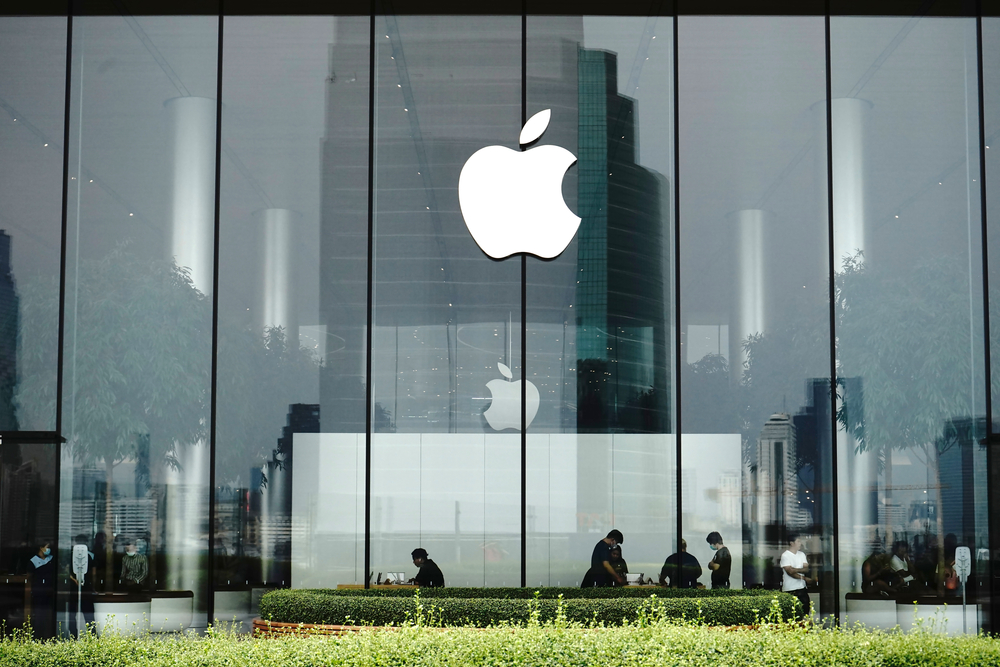Apple is channeling as much as $1 billion annually into developing generative AI products.
In April, Apple CEO Tim Cook said generative AI was “very interesting,” but Apple would be “deliberate and thoughtful” in its approach. Is that approach now incoming?
This escalating financial commitment, initially reported by Bloomberg, suggests Apple is intensifying its AI efforts, particularly in enhancing Siri, Messages, and Apple Music.
Apple hasn’t made great fanfare about AI in general, though the latest iPhones included a selection of innovative features partly supported by machine learning.
The company now finds itself in catch-up mode, responding to the advancements and product launches of leading competitors in the AI space, including Google, Microsoft, and Amazon.
Unlike these tech giants, Apple has yet to unveil a generative AI product comparable to OpenAI’s ChatGPT or Google Bard. Do they need one?
Maybe not right now, but generative AI tools might become essential for marketing new mobile devices, particularly as Google hasn’t been shy in releasing AI tools for the Pixel 8 phones.
Apple has made strides in AI in recent months, developing its own large language model (LLM) framework named Ajax and a rumored internal chatbot project nicknamed Apple GPT. However, these innovations remain mostly under wraps.
Looking ahead, Apple envisions a future where AI plays a central role in Siri, Messages, and Apple Music. In the case of Apple Music, the company aims to utilize AI to generate playlists automatically, emulating Spotify’s collaborations with OpenAI. Furthermore, Apple is exploring the potential of AI to assist app developers within Xcode.
John Giannandrea and Craig Federighi, Apple’s SVPs of AI and software engineering, are leading Apple’s AI projects, with Eddy Cue, head of services, also playing a crucial role.
Giannandrea’s team is focusing on enhancing Siri to build a smarter, more conversational version that can keep up with Alexa.
Federighi’s group is integrating AI into the next iOS version, enhancing Siri and the Messages app’s ability to understand and complete queries and sentences.
Cue’s team is exploring AI applications in apps like Apple Music for features such as auto-generated playlists.
Apple is also supposedly deciding whether to deploy generative AI entirely on-device, via the cloud, or a combination of both.
An on-device approach would offer quicker responses and better privacy, but a cloud-based setup could handle more advanced operations.
In related news, researchers built a new form of transistor that can handle local on-device machine learning workloads. IBM’s NorthPole also seeks to enable machine learning in portable devices, reducing the need to send data to the cloud for external processing.
It seems like Apple is finally feeling the pressure as generative AI makes its way into portable devices, which is something they won’t want their customers to miss out on.





